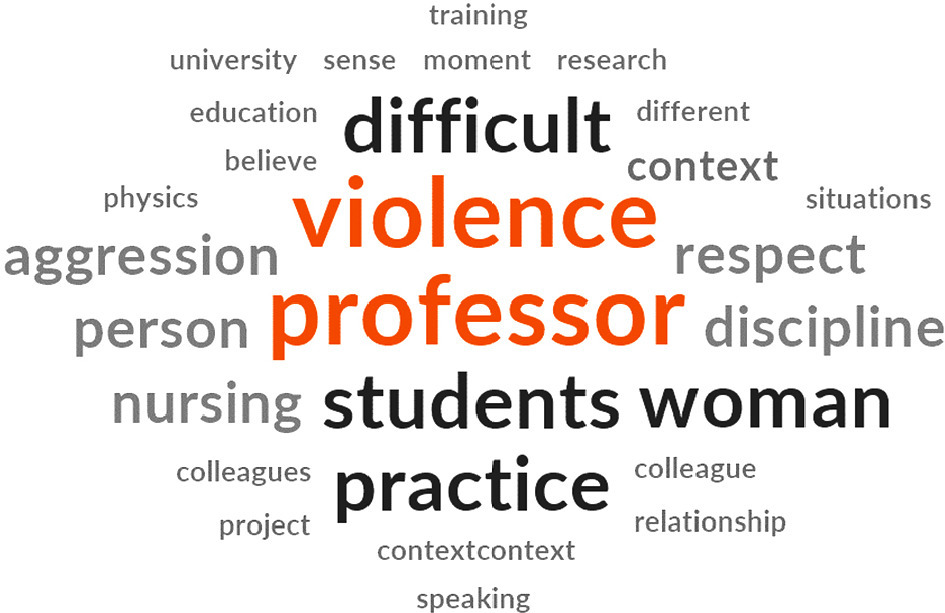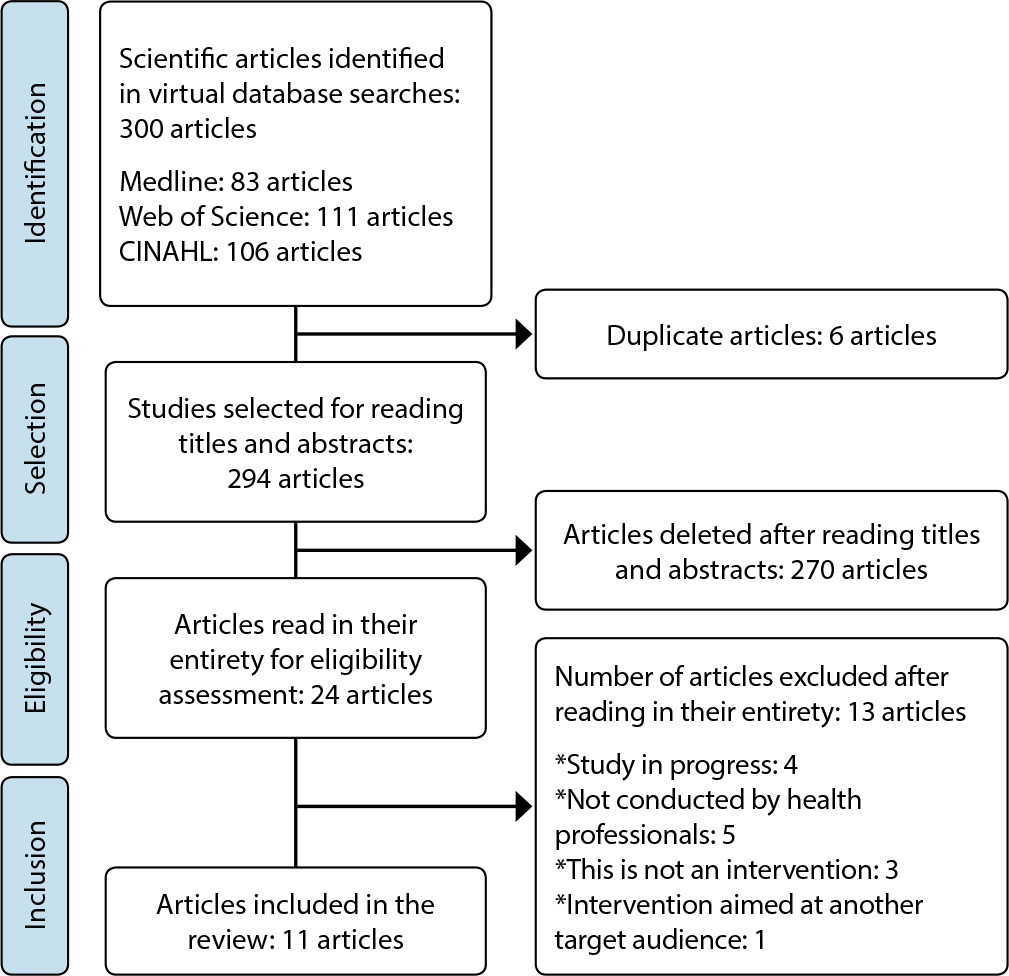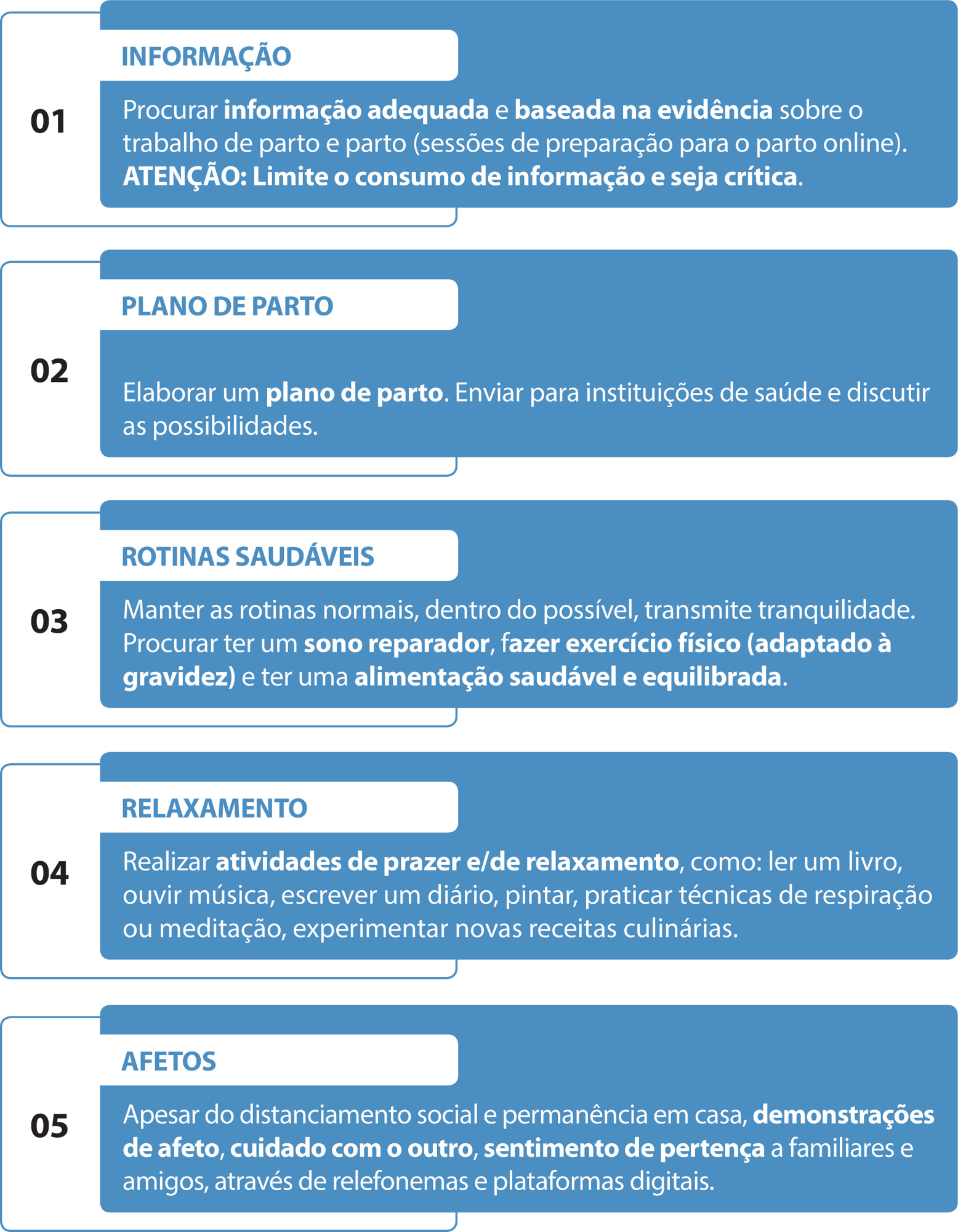-
ARTÍCULO ORIGINAL10/01/2024
Clinical and epidemiological characteristics and outcomes of patients affected by COVID-19 in the Intensive Care Unit
Revista Brasileira de Enfermagem. 2024;77:e20230527
Resumen
ARTÍCULO ORIGINALClinical and epidemiological characteristics and outcomes of patients affected by COVID-19 in the Intensive Care Unit
Revista Brasileira de Enfermagem. 2024;77:e20230527
DOI 10.1590/0034-7167-2023-0527
Visualizações0Ver maisABSTRACT
Objective:
To understand the clinical and epidemiological characteristics, outcomes, and nursing care of adult patients affected by COVID-19 in the Intensive Care Unit.
Methods:
This is a quantitative, retrospective, and descriptive study. The study participants were clinical and epidemiological statistical reports. Variables analyzed included age, gender, race, comorbidities, signs and symptoms, length of hospital stay, use of mechanical ventilation, medications, infections, monitoring, invasive devices, positioning, diet, comfort, and clinical outcomes.
Results:
The majority of individuals were men, of white race, with a mean age of 63 years, hypertensive, diabetic, and obese. The average length of hospital stay was 16 days. Most required invasive mechanical ventilation, vasopressor drugs, sedoanalgesia, and neuromuscular blockers.
Conclusion:
Nursing care is related to monitoring, ventilation, medication administration, installation of devices, prone positioning, diet administration, and providing comfort.

-
CARTA AL EDITOR10/01/2024
Adherence to COVID-19 vaccination during the pandemic and fake news: Correspondence
Revista Brasileira de Enfermagem. 2024;77:e202477Suppl101c
Resumen
CARTA AL EDITORAdherence to COVID-19 vaccination during the pandemic and fake news: Correspondence
Revista Brasileira de Enfermagem. 2024;77:e202477Suppl101c
DOI 10.1590/0034-7167.202477Suppl101c
Visualizações0Dear Dr Dulce Aparecida BarbosaEditor in Chief of the Revista Brasileira de Enfermagem[…]Ver mais -
ARTÍCULO ORIGINAL10/01/2024
Pain management in hospitalized infants: recommendations for achieving the Sustainable Development Goals
Revista Brasileira de Enfermagem. 2024;77:e20230421
Resumen
ARTÍCULO ORIGINALPain management in hospitalized infants: recommendations for achieving the Sustainable Development Goals
Revista Brasileira de Enfermagem. 2024;77:e20230421
DOI 10.1590/0034-7167-2023-0421
Visualizações2Ver maisABSTRACT
Objective:
to assess pain management in infants in a Neonatal Intensive Care Unit (NICU) and discuss its articulation with the Sustainable Development Goals, with a focus on promoting neonatal well-being.
Method:
a documentary study, retrospective in nature and quantitative approach, conducted in a NICU of a public hospital in Paraná, Brazil, between January and July 2022, with 386 medical records of infants, hospitalized for more than 24 hours, between 2019 and 2021. Data were subjected to descriptive and inferential analysis, considering p-value<0.05 as a statistical difference. National ethical guidelines were respected.
Results:
all infants underwent at least one painful procedure, but only 13.7% had documented pain. Pharmacological interventions, such as fentanyl (25.9%), and non-pharmacological interventions, such as breastfeeding encouragement (86%) were used. Only 2.8% were reassessed.
Conclusion:
there was a devaluation of neonatal pain management that may perpetuate neonatal well-being and sustainable development.

-
CARTA AL EDITOR10/01/2024
Adherence to COVID-19 vaccination during the pandemic and fake news: Correspondence
Revista Brasileira de Enfermagem. 2024;77:e202477Suppl101c
Resumen
CARTA AL EDITORAdherence to COVID-19 vaccination during the pandemic and fake news: Correspondence
Revista Brasileira de Enfermagem. 2024;77:e202477Suppl101c
-
ARTÍCULO ORIGINAL16/12/2023
Analysis of the convergence of the Safety Attitudes Questionnaire and the Hospital Survey on Patient Safety Culture
Revista Brasileira de Enfermagem. 2023;76(1):e20210379
Resumen
ARTÍCULO ORIGINALAnalysis of the convergence of the Safety Attitudes Questionnaire and the Hospital Survey on Patient Safety Culture
Revista Brasileira de Enfermagem. 2023;76(1):e20210379
DOI 10.1590/0034-7167-2021-0379
Visualizações0Ver maisABSTRACT
Objectives:
to analyze patient safety culture from nursing professionals’ perception at a university hospital, by assessing the convergence between the Safety Attitudes Questionnaire and the Hospital Survey on Patient Safety Culture.
Methods:
a cross-sectional study, with 434 nursing professionals. Data collection took place through the application of both instruments. Descriptive and inferential statistics were used.
Results:
in the Hospital Survey on Patient Safety Culture, the “teamwork within the units” dimension was considered a strong area of patient safety. In the Safety Attitudes Questionnaire, the “job satisfaction” and “perception of stress” domains reached the score for a good safety culture. Patient safety culture perception is correlated, in both instruments, with high magnitude.
Conclusions:
the two instruments converge towards a similar assessment of patient safety culture.
-
ARTÍCULO ORIGINAL16/12/2023
Tangency and multiple factors of violence against lecturer: nuances of the experience in pedagogical practices in health education
Revista Brasileira de Enfermagem. 2023;76(1):e20210865
Resumen
ARTÍCULO ORIGINALTangency and multiple factors of violence against lecturer: nuances of the experience in pedagogical practices in health education
Revista Brasileira de Enfermagem. 2023;76(1):e20210865
DOI 10.1590/0034-7167-2021-0865
Visualizações0Ver maisABSTRACT
Objective:
to identify factors that lead the teacher to experience violence in their pedagogical practice in health education.
Method:
research with a qualitative approach, based on the Grounded Theory, conducted with 11 professors of the nursing course of a public university in the central region of Brazil in 2020 and 2021. Online semi-structured interviews were analyzed partially in the light of the Constructivist Grounded Theory.
Results:
factors that lead lecturer to experience violence are characterized by institutional culture, gender, professor’s perception of violence, and the triggers that drive students to commit violence. Social status and inequalities lead to positions of domination and, consequently, create a fertile ground for violence.
Final Considerations:
analyzing violence under Bourdieu’s theory, it is clear that student violence towards lecturer and the reports contained in this study deserve pedagogical reflection. However, it is necessary to include these discussions as a background in teaching environments.

-
ARTÍCULO ORIGINAL16/12/2023
Cardiac anxiety in the perioperative period of patients undergoing cardiac surgical procedures: an observational study
Revista Brasileira de Enfermagem. 2023;76(1):e20220250
Resumen
ARTÍCULO ORIGINALCardiac anxiety in the perioperative period of patients undergoing cardiac surgical procedures: an observational study
Revista Brasileira de Enfermagem. 2023;76(1):e20220250
DOI 10.1590/0034-7167-2022-0250
Visualizações0Ver maisABSTRACT
Objective:
to compare cardiac anxiety symptoms in patients undergoing coronary artery bypass graft and valve surgery repair in the preoperative period, on the day of hospital discharge and on the first return visit after hospital discharge.
Methods:
an observational study, carried out in inpatient units and in outpatient clinic of a university hospital. Data were collected through interviews. Cardiac anxiety symptoms were assessed using the Cardiac Anxiety Questionnaire.
Results:
we observed the effect of time on cardiac anxiety symptoms of patients undergoing coronary artery bypass graft in the total score and in the “Avoidance” domain at discharge and at the first return visit. In patients undergoing valve repair surgery, the effect of time on symptoms was observed only in the first return visit, when compared with the preoperative period.
Conclusion:
the findings revealed increased cardiac anxiety symptoms in the postoperative period, discharge and first return, when compared to the preoperative period.
-
ARTÍCULO DE REVISIÓN16/12/2023
Educational interventions in child development and health literacy assumptions: an integrative review
Revista Brasileira de Enfermagem. 2023;76(1):e20220116
Resumen
ARTÍCULO DE REVISIÓNEducational interventions in child development and health literacy assumptions: an integrative review
Revista Brasileira de Enfermagem. 2023;76(1):e20220116
DOI 10.1590/0034-7167-2022-0116
Visualizações0Ver maisABSTRACT
Objectives:
to analyze scientific evidence in the literature that addresses educational interventions conducted by health professionals on early childhood development in a community context and to identify which health literacy assumptions are present during the implementation of interventions.
Method:
an integrative review in PubMed, CINAHL and Web of Science databases. Of 300 studies found, we selected 11 for the sample.
Results:
health professionals are trained to implement interventions with parents/caregivers to promote child development in community settings. Parents are encouraged to develop an environment that is encouraging and conducive to the development of their children. The main dimensions of health literacy found were access and apply.
Conclusion:
it confirms the importance of training health professionals, with skills and communicative skills to guide parents/caregivers to encourage the development of their children in their family environment with playful and interactive activities.

-
ARTÍCULO ORIGINAL05/12/2019
Occurrence of violence in the elderly and its associated factors
Revista Brasileira de Enfermagem. 2019;72:64-70
Resumen
ARTÍCULO ORIGINALOccurrence of violence in the elderly and its associated factors
Revista Brasileira de Enfermagem. 2019;72:64-70
DOI 10.1590/0034-7167-2018-0014
Visualizações0Ver maisABSTRACT
Objective:
to analyze the occurrence of violence in the elderly and its associated factors in the city of Betim, Minas Gerais.
Method:
cross-sectional study constituted by a population survey conducted through structured interviews. The sample was stratified by clusters and included 178 elderly people at the end. Data were analyzed by the chi-square test and was performed a Correspondence Analysis.
Results:
The most prevalent forms of violence were: lack of access to social rights (31%), verbal violence (22%), moral/psychological (19%), lack of care (16%), physical violence (6%), sexual (3%) and discrimination (3%). Women suffered more abuse than men and violence had greater association with the degree of depressive symptoms.
Conclusion:
our research has direct implication for the sectors interested in coping with violence in the elderly, especially for nurses, because it shows violence is part of a cycle with characteristic associated factors that conforms a model nested mainly in the family relationship.

-
16/09/2019
Socioeconomic factors related to leprosy: an integrative literature review
Revista Brasileira de Enfermagem. 2019;72(5):1405-1415
Resumen
Socioeconomic factors related to leprosy: an integrative literature review
Revista Brasileira de Enfermagem. 2019;72(5):1405-1415
DOI 10.1590/0034-7167-2017-0651
Visualizações0Ver maisABSTRACT
Objective:
To investigate in the literature the relation of socioeconomic factors in the incidence of the disease and other outcomes related to leprosy.
Method:
Integrative review conducted in Lilacs, Medline, Scopus databases and SciELO online library with studies from 2000 to 2016.
Results:
32 studies were included. Only studies that analyzed statistical associations of socioeconomic factors and outcomes related to leprosy were selected.
Conclusion:
Leprosy is greatly affected by the social context in which the patient is inserted, the chances of exposure to illness are the result of a set of not only individual aspects, but also of contexts or collective conditions. It is imperative for Nursing, as an essential part of the multiprofessional team entrusted with the care and surveillance of the disease, to recognize these factors to predict unfavorable outcomes and to develop new practices capable of reducing inequities.

-
13/11/2020
O medo do parto em tempo de pandemia do novo coronavírus
Revista Brasileira de Enfermagem. 2020;73:e20200551
Resumen
O medo do parto em tempo de pandemia do novo coronavírus
Revista Brasileira de Enfermagem. 2020;73:e20200551
DOI 10.1590/0034-7167-2020-0551
Visualizações0Ver maisRESUMO
Objetivo:
Refletir acerca da forma como a pandemia do novo coronavírus desencadeou ou acentuou o medo do parto nas gestantes e afetou as práticas de assistência ao parto.
Métodos:
Análise reflexiva sobre as experiências de gravidez e parto de mulheres, durante a atual pandemia, sob o suporte das mais recentes evidências científicas e recomendações sobre o tema.
Resultados:
A gravidez e o parto são acontecimentos transformadores na vida das mulheres, mas, no decorrer da pandemia do novo coronavírus, o medo e a incerteza ganharam uma dimensão sem precedentes na forma negativa como muitas gestantes têm antecipado e experienciado o parto.
Considerações finais:
O período atual acentuou um problema crónico: um sistema paternalista das instituições de saúde na abordagem ao parto, adensado por níveis adicionais de medo nas gestantes. Nesse contexto, abordar o medo do parto significa não abdicar da promoção de experiências seguras e positivas de parto para as mulheres.

-
19/08/2019
Investigación cualitativa en salud: un enfoque reflexivo
Revista Brasileira de Enfermagem. 2019;72(4):830-831
Resumen
Investigación cualitativa en salud: un enfoque reflexivo
Revista Brasileira de Enfermagem. 2019;72(4):830-831
DOI 10.1590/0034-7167.2019-720401
Visualizações0La investigación cualitativa posibilita el desarrollo del conocimiento en salud, porque trabaja con fenómenos complejos, cuya totalidad, más allá de la profundidad, tiene la dependencia de la intensidad. Para Minayo, el objetivo de la investigación cualitativa es explicitar datos, indicadores, tendencias verificadas y/o construir modelos teóricos aplicables a la práctica. Por lo tanto, su finalidad […]Ver mais -
ARTÍCULO ORIGINAL09/06/2020
Estresse dos profissionais de enfermagem atuantes no atendimento pré-hospitalar
Revista Brasileira de Enfermagem. 2020;73(2):e20180660
Resumen
ARTÍCULO ORIGINALEstresse dos profissionais de enfermagem atuantes no atendimento pré-hospitalar
Revista Brasileira de Enfermagem. 2020;73(2):e20180660
DOI 10.1590/0034-7167-2018-0660
Visualizações0RESUMO
Objetivos:
Analisar os fatores relacionados ao estresse ocupacional da equipe de enfermagem de um Serviço de Atendimento Móvel de Urgência (Samu).
Métodos:
Estudo descritivo, com abordagem quantitativa, realizado com profissionais de enfermagem do Samu de um município de Pernambuco. Foram utilizados um questionário sociodemográfico e o Inventário de Sintomas de Stress de Lipp.
Resultados:
Os participantes que apresentaram estresse (24,6%) foram classificados nas fases: de resistência (19,7%), de exaustão (4,4%) e de quase exaustão (0,5%). Observou-se, ainda, associação do nível de estresse relacionado com os seguintes fatores: sexo, qualidade de sono, restrição da autonomia profissional, desgaste emocional com o trabalho que realiza e trabalho em instalações físicas inadequadas ou insalubres.
Conclusões:
Apesar de evidenciar baixa ocorrência de estresse, este estudo apontou qual o perfil que apresenta maior chance de risco de desenvolver estresse ocupacional, por meio dos fatores que estiveram associados, significativamente, com o estresse na população estudada.
Palavras-chave: EmergênciasEsgotamento ProfissionalEstresse OcupacionalProfissionais de EnfermagemServiços Médicos de EmergênciaVer mais -
INFORME DE EXPERIENCIA26/10/2020
Contribuições da rede de pesquisa em processo de enfermagem para assistência na pandemia de COVID-19
Revista Brasileira de Enfermagem. 2020;73:e20200798
Resumen
INFORME DE EXPERIENCIAContribuições da rede de pesquisa em processo de enfermagem para assistência na pandemia de COVID-19
Revista Brasileira de Enfermagem. 2020;73:e20200798
DOI 10.1590/0034-7167-2020-0798
Visualizações0RESUMO
Objetivo:
descrever o processo de construção teórica dos documentos de apoio ao Processo de Enfermagem nos cenários de atendimento à COVID-19.
Métodos:
trata-se de um relato de experiência da atividade conjunta da Rede de Pesquisa em Processo de Enfermagem, formada por pesquisadores de Instituições de Ensino Superior e de Saúde do Brasil.
Resultados:
cinco instrumentos foram organizados coletivamente, envolvendo os elementos da prática de enfermagem (diagnósticos, resultados e intervenções de enfermagem) na assistência à comunidade; ao paciente (suspeito ou com COVID-19 leve e moderada, crítico e residente em Instituições de Longa Permanência para Idosos); e ao suporte à saúde do trabalhador de enfermagem, subsidiando igualmente o registro e a documentação durante a pandemia de COVID-19.
Considerações finais:
valorizar os fenômenos manifestados por famílias/comunidades, pacientes e profissionais de saúde é essencial para sua identificação precoce, intervenção e prevenção de agravos.
Palavras-chave: Assistência à SaúdeDiagnóstico de EnfermagemInfecções por CoronavirusProcesso de EnfermagemTerminologia Padronizada em EnfermagemVer mais -
ARTÍCULO ORIGINAL27/06/2019
Alfabetização em saúde e autocuidado em pessoas com diabetes mellitus tipo 2
Revista Brasileira de Enfermagem. 2019;72(3):700-706
Resumen
ARTÍCULO ORIGINALAlfabetização em saúde e autocuidado em pessoas com diabetes mellitus tipo 2
Revista Brasileira de Enfermagem. 2019;72(3):700-706
DOI 10.1590/0034-7167-2018-0291
Visualizações0RESUMO
Objetivo:
Avaliar o efeito de intervenção educativa na adesão às atividades de autocuidado e letramento funcional em saúde no domínio numeramento em pessoas com diabetes mellitus tipo 2.
Método:
Estudo quase-experimental, conduzido em duas unidades da estratégia de saúde da família, envolvendo pessoas com diabetes. As intervenções educativas aconteceram em três encontros, semanalmente, com duração média de 60 minutos. Os dados foram coletados pelo Questionário de Atividades de Autocuidado com o Diabetes, antes e após as intervenções.
Resultados:
Participaram do estudo 55 pessoas. Após as intervenções, o item que obteve maior diferença para uma melhor adesão ao autocuidado foi “examinar dentro do calçado antes de calçá-los”, com delta de 3,29 dias na semana, nível analítico. O pior foi “tomar as injeções de insulina conforme recomendado”, com delta de 0,00 dias na semana, nível básico.
Conclusão:
As intervenções educativas apresentaram efeito positivo na adesão ao autocuidado e letramento funcional em saúde.
Palavras-chave: Alfabetização em SaúdeAutocuidadoDiabetes Mellitus Tipo 2Educação em SaúdeEnfermagemVer mais -
ARTÍCULO ORIGINAL13/12/2019
Uso de tecnologia móvel para o cuidado gestacional: avaliação do aplicativo GestAção
Revista Brasileira de Enfermagem. 2019;72:266-273
Resumen
ARTÍCULO ORIGINALUso de tecnologia móvel para o cuidado gestacional: avaliação do aplicativo GestAção
Revista Brasileira de Enfermagem. 2019;72:266-273
DOI 10.1590/0034-7167-2018-0641
Visualizações0RESUMO
Objetivo:
avaliar o aplicativo GestAção, com base na experiência de uso das gestantes.
Método:
estudo de natureza avaliativa, aplicada, metodológica, com abordagem quanti-qualitativa. A ferramenta tecnológica foi avaliada por 13 gestantes por meio de questionários para a caracterização do perfil sociodemográfico e o uso da escala de Likert, para calcular o Índice de Validade de Conteúdo (IVC) do aplicativo; e entrevista semiestruturada, com análise fundamentada na Semiótica.
Resultados:
o estudo evidenciou significativo nível de satisfação das gestantes com o uso do aplicativo, considerando os objetivos (IVC= 0,92), estrutura e apresentação (IVC= 0,86), e relevância (IVC= 0,92).
Considerações finais:
o aplicativo GestAção obteve IVC geral de 0,90, evidenciando-o como tecnologia facilitadora e coadjuvante no empoderamento das gestantes interessadas em obter conhecimentos sobre o período gravídico, mostrando-se uma potente ferramenta para qualificar as boas práticas na consulta de enfermagem.
Palavras-chave: Aplicativos MóveisCuidados de EnfermagemGestaçãoPromoção da SaúdeTecnologia em SaúdeVer mais
Búsqueda
Buscar en:
Nuvem de Tags
Adolescente (85) Atenção Primária à Saúde (239) COVID-19 (91) Criança (91) Cuidados de Enfermagem (269) Educação em Enfermagem (151) Educação em Saúde (139) Enfermagem (930) Enfermagem Pediátrica (86) Estudantes de Enfermagem (77) Estudos de Validação (131) Família (87) Idoso (208) Promoção da Saúde (99) Qualidade de Vida (104) Saúde do Trabalhador (86) Saúde Mental (145) Saúde Pública (82) Segurança do Paciente (150) Tecnologia Educacional (100)



